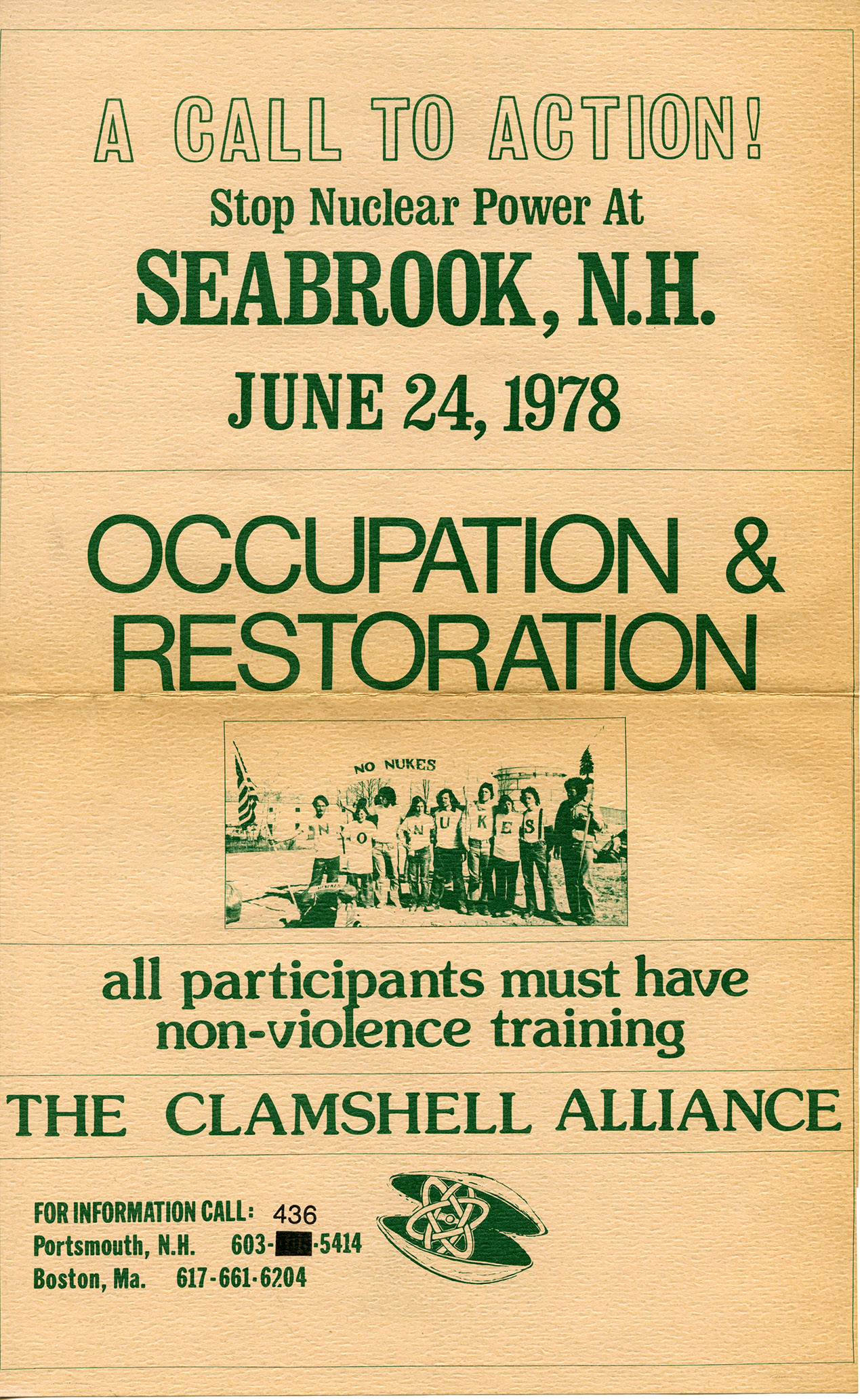G. A. Barrett Ledgers
1871-1876
2 vols. 0.2 linear feet
Call no.: MS 489 bd
Lumbering was an important part of the economy in northern Franklin County, Massachusetts, during the late nineteenth century, particularly in the region abutting the border with New Hampshire.
These two volumes document a sawmill that appears to have operated in Franklin County, Mass., perhaps Northfield, in the latter half of the nineteenth century. One volume is a work record for employees at the mill (1871-1875), the second is a daybook with sales records (1874-1876) either from a company store or country store. Many of the transactions are with the mill’s employees. Most of the (relatively) high value exchanges recorded in the daybook are for lumber, shingles, or board, but there are numerous small cash records and the sale of miscellaneous goods such as tobacco (and tobacco boxes), bricks, hay, nails, rubber boots, meat and flour, corn, and even a watch. Although the precise location of the mill is uncertain, Northfield seems most likely. Several names recorded in the volume can be traced through the census to the vicinity of northern Franklin county, including Romanzo Hill, listed in the federal census for 1880 as living in Warwick, Mass., and “works in sawmill”; Jackson Doolittle of Hinsdale, N.H. (1870 and 1880); T. B. Stratton, who operated a country store in Millers Falls in 1872; and Roswell Stratton, a carpenter in Northfield (1880). We have been unable to identify G. A. Barrett beyond his name.
Subjects
General stores--Massachusetts--Franklin CountyNorthfield (Mass.)--History--19th centurySawmills--Massachusetts--Franklin CountyTypes of material
Daybooks

